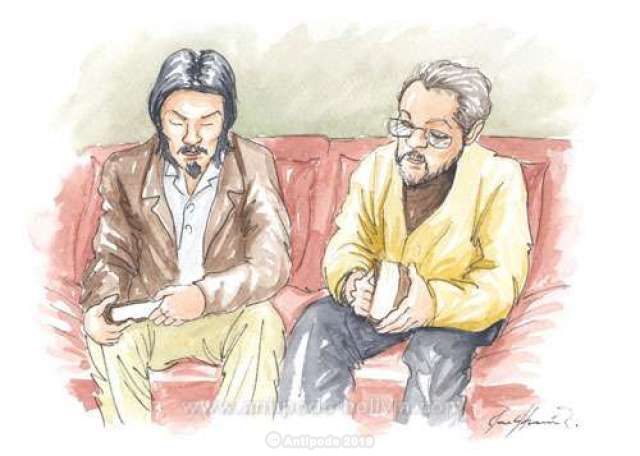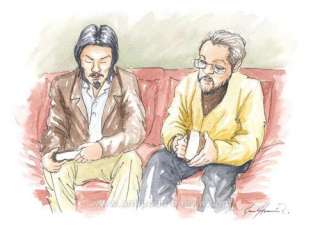

Bolivian Literature
The history of Bolivian literature has been marked above all by the social and political context and the various events that have marked the country's history.
As early as the 19th century, modernist poets left a rich legacy to this young country. Among the names to remember are Franz Tamayo, Gregorio Reynolds and Ricardo Jaimes Freyre. Some collections are also available in French.
In the twentieth century, writing became increasingly political; writers Oscar Cerruto (Torrent of Fire in 1935) and Augusto Cespedes (The Well in 1936) recount the Charco War, and after the death of Che Guevara in 1967, works such as Renato Prada Oropeza's Los Fundadores del Alba, which were outright politically oriented, began to emerge. But with the dictatorships of the 1970s and 1980s, subversive authors were largely silenced, and all literary production was curbed by political power. Since the end of the 1960s, Bolivian writing has been more fiction than anything else.
In addition, from the beginning of the 20th century, writers increasingly turned to an indigenous audience: one example is La misk'isimi (in Quechua, "sweet lips"), by Adolfa Costa du Rels. But Bolivian literature has truly earned its letters of nobility with Yolanda Bedregal. This poetess, novelist and sculptor also wrote accounts, and produced more than 16 books, among poetry, novels, anthologies, not to mention the numerous publications of accounts for children and other myths and folklore of the Aymara and Quechua cultures. Internationally recognized with the awarding of several international distinctions, she received, for example, the title of Lady of America by the National Council for Women's Rights in Mexico, and was called the "Yolanda of America" by the Society of Argentinean Authors.



